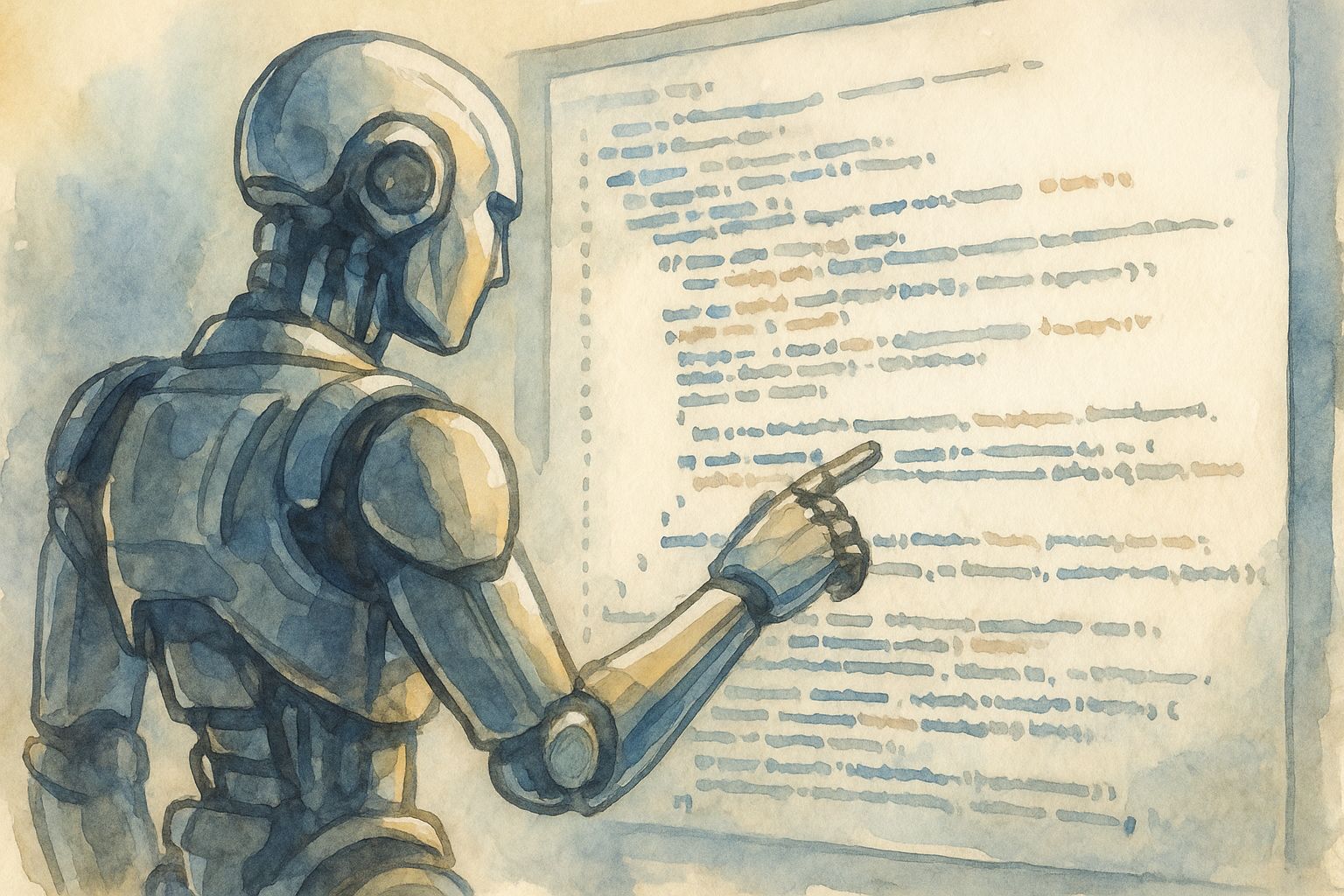- The Recap AI
- Posts
- China's new AI coder takes the crown 👑
China's new AI coder takes the crown 👑
PLUS: Google's no-code builder, an Amazon AI hack, and NVIDIA's black market
Good morning, AI enthusiast.
A new AI model from China is claiming the top spot for coding capabilities. Alibaba's Qwen team has released an open-weight model that is outperforming other leading AI coders on major benchmarks.
The model's immediate success on complex tasks highlights the rapid innovation coming from China's top labs. With this continued push for powerful, accessible models, how will Western AI companies respond to the intensified competition?
In today’s AI recap:
China's new AI coder tops benchmarks
Google’s new no-code AI app builder
Amazon AI assistant's major security flaw
NVIDIA's $1B black market for AI chips
China's New AI Coder

The Recap: Alibaba's Qwen team released Qwen3-Coder, an open-weight AI model that is outperforming other top coding models on key benchmarks. You can try the model for free through the official Qwen Chat interface.
Unpacked:
It achieves an impressive 70% pass rate on the SWE-Bench Verified benchmark, a key test for code generation ability.
The model uses a Mixture-of-Experts (MoE) architecture and was trained on 7.5 trillion tokens, with 70% of that data consisting of code.
Early users report it successfully handles complex tasks, like building a multi-page dashboard with authentication flows, in a single attempt.
Bottom line: Qwen3-Coder's launch intensifies the global AI competition, showcasing the rapid innovation coming from China's top tech labs. This continued push for powerful, open-weight models increases pressure on Western AI companies to compete on both performance and accessibility.
AI Training
The Recap: In this video, I’ll show you how to build a fully functional Calorie AI-style app, no coding required. We’ll use Lovable to generate the frontend with just a prompt, then wire it up with n8n as the backend and the OpenAI Vision API. By the end, you’ll have a working app where you can upload a photo of your meal and instantly get the calorie and nutrition breakdown — all powered by AI.
P.S We also launched a free community for AI Builders looking to master the art and science of building AI Automations — Come join us!
Google's No-Code AI Builder

The Recap: Google Labs has unveiled Opal, a new experimental platform that allows users to build and share AI mini-apps with natural language. The tool requires no coding and is now available in a US-only public beta.
Unpacked:
It works by letting you visually connect different models, prompts, and tools to create a custom workflow.
The platform aims to lower the barrier for innovation, enabling anyone to turn an idea into a functional AI app without writing code.
For now, Google is rolling out Opal in the US to gather user feedback before considering a broader international release.
Bottom line: Opal positions Google directly against other no-code AI builders, indicating a major push toward making AI development more accessible. This move empowers professionals and creators to build custom AI solutions without needing engineering resources.
Amazon's AI Assistant Hacked

The Recap: A security researcher exposed a major flaw in Amazon's Q AI coding assistant by sneaking in a malicious command designed to wipe a user's files. The compromised code was pushed to a public release before the company discovered it.
Unpacked:
The vulnerability was exploited through a simple GitHub pull request, which allowed the hacker to inject a prompt telling the AI agent to delete file-system and cloud resources.
The biggest concern for developers is that Amazon’s verification process failed, allowing the potentially destructive update to be included in a public version of the tool.
The incident drew sharp criticism, especially after Amazon quietly removed the compromised version, contrasting with CEO Andy Jassy's recent praise of Q for updating foundational software.
Bottom line: This incident highlights the critical need for robust security vetting in AI development, not just code. As developers increasingly rely on AI agents, trust becomes the most valuable feature of all.
Where AI Experts Share Their Best Work
Join our Free AI Automation Community
Join our FREE community AI Automation Mastery — where entrepreneurs, AI builders, and AI agency owners share templates, solve problems together, and learn from each other's wins (and mistakes).
What makes our community different:
Real peer support from people building actual AI businesses
Complete access to download our automation library of battle-tested n8n templates
Collaborate and problem-solve with AI experts when you get stuck
Dive into our course materials, collaborate with experienced builders, and turn automation challenges into shared wins. Join here (completely free).
The Billion-Dollar AI Black Market

The Recap: A thriving black market has funneled at least $1 billion worth of restricted NVIDIA AI chips into China. A recent report reveals that even the top-tier B200 GPUs are now widely available to Chinese AI firms, bypassing U.S. export controls.
Unpacked:
The scale is massive, with Chinese firms reportedly planning to install more than 115,000 restricted NVIDIA chips in data centers across the country.
Smugglers use creative tactics to move the hardware, including hiding GPUs in shipments of live lobsters to get them across the border.
The constant influx of banned hardware has created a new repair industry in tech hubs like Shenzhen, where specialists fix the advanced chips that NVIDIA cannot legally service in China.
Bottom line: U.S. export controls are facing a significant challenge from a determined and well-funded buyer. The situation demonstrates that simply restricting sales is not enough to halt the flow of advanced technology.
The Shortlist
Trump signed a series of executive orders creating an "AI Action Plan" to accelerate innovation by reducing regulations and promoting US AI exports, while also barring "woke" AI from federal procurement.
Meta revealed it is rapidly expanding its AI infrastructure by using novel, weather-proof tents to house GPU clusters, a strategy that enables it to get new data centers online in months instead of years.
A Pew Research Center study found that Google users are half as likely to click on a traditional link when an AI Overview is present, with just 8% of users clicking through to a source.
Researchers discovered "subliminal learning" in AI models, a phenomenon where they can inherit hidden behaviors and biases from other models even when trained on entirely unrelated data, raising new AI safety concerns.
What did you think of today's email?Before you go we’d love to know what you thought of today's newsletter. We read every single message to help improve The Recap experience. |
Signing off,
David, Lucas, Mitchell — The Recap editorial team

